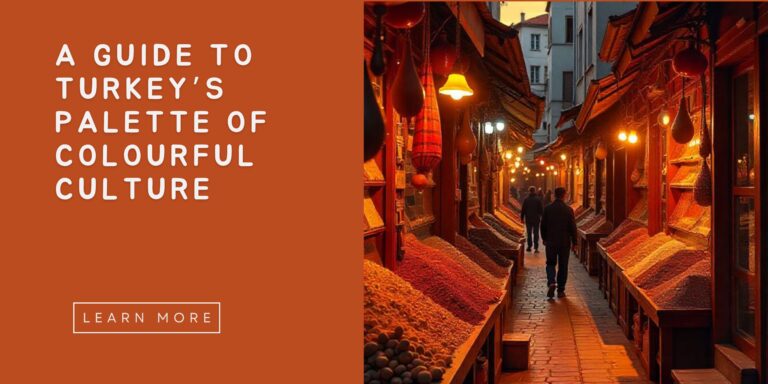With its empire reaching back more than 4,000 years, Turkey is a land taken right out of the page of history and now, swirled with modernisation. Turkey has been exposed to a variety of people and cultures over the course of time which gives this vast nation a rich culture full of distinct traditions and customs.
Because of its rich history and traditions comprising several intriguing customs that are rare to be found anywhere else in the world, Turkey has become a well-known tourist destination. The lasting influence of other civilizations such as Greek, Armenian, Georgian, and Arabic also plays a big part in Turkey’s local culture and customs.
It may be nearly impossible to sum up Turkish culture and traditions in a single post. However, we’ve selected a few of the most intriguing and common customs that you’ll undoubtedly encounter when visiting the country.
10 Core Customs and Traditions From Turkey’s Color Palette of Cultures
Table of Contents
ToggleHaving prior knowledge of major Turkish customs and traditions can help tourists make their trip a memory treasured by both them and the natives of the country. Here are some major customs and traditions from the rich Turkish culture natives still follow these days:
1. Core Values and Hospitality
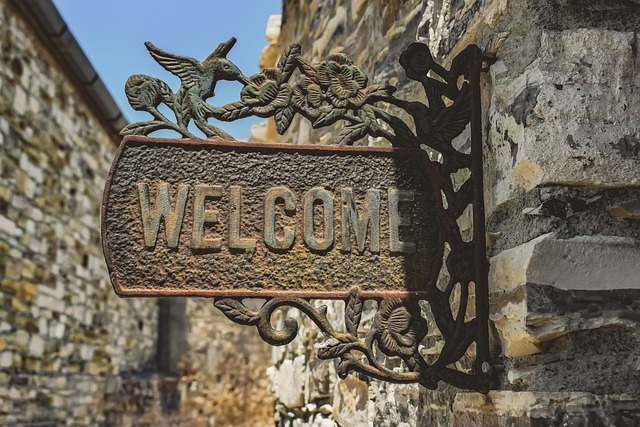
Every culture upholds core values like honesty, justice, fairness, equality, and so on. There are other values, in addition to these universal ones, that might be particular to a nation or essential to its identity. For instance, older people are treated with great respect and occupy a specific place of honour and care in Turkish society.
The idea of a family is revered, and good neighbour values are upheld in every town or district. As a result of this closeness and sincerity of neighbourly ties, it’s quite typical for one neighbour to knock on another’s door and ask for a cup of tea or sugar. Another core value in Turkish culture is hospitality, the most famous identity of the Turkey’s color palette of culture. The host or hostess will give a stranger their last slice of bread, especially in rural places.
They enjoy serving food and beverages to friends, neighbours, coworkers, and even complete strangers. They also enjoy lending a hand to those in need, whether it be individually or collectively. When a crisis strikes someplace, the locals immediately get together and help the ones in need by any means possible.
2. Expressions and Greetings

Turkish people enjoy celebrating and empathising, and they frequently use everyday greetings in their conversations, even with tourists to express their gratitude and warmth.
Common greetings and expressions include: “Gecmis Olsun,” which means get well soon, “Hos Geldiniz,” which means “welcome”, “Güle Güle”, which means “goodbye”, “Teşekkürler” which means “thank you”, and “Rica Ederim”, which means “you’re welcome”. Knowing a few Turkish greetings and expressions will give you tremendous respect from the natives as a tourist.
3. The Concept of Nazar Boncugu (Evil Eye)

The Nazar Boncuk is an amulet made from glass paste and symbolises jealousy and envy in others, which, according to the belief, can harm a person or their property in various ways. According to Turkish culture, this amulet shields its wearer from negative energy by absorbing them.
The Nazar Boncuk can be found hanging on doors, at workplaces, on the necks of natives as a necklace, on taxi or bus mirrors, carved in building walls, or on the subway. It’s also a very popular object to be given as a gift or bought as a souvenir.
4. The Tradition of Görücülük (Courtship for Marriage)
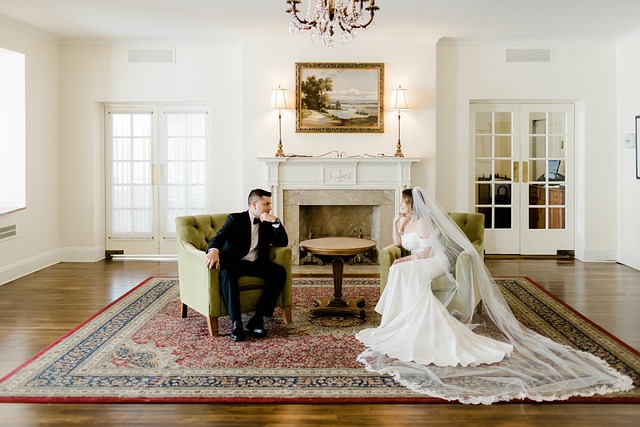
Turkish custom dictates that when a family wishes their son to get married, they first visit the bride’s home and her family to hold an initial gathering. If all goes well, they ask for her hand in marriage.
It’s customary for the bride-to-be to prepare Turkish tea or coffee and serve it to her prospective in-laws during these courtship visits so they can form good relations with each other and is a very common tradition in Turkey’s color palettes of culture.
5. Kına Gecesi (Henna Night for the Bride)
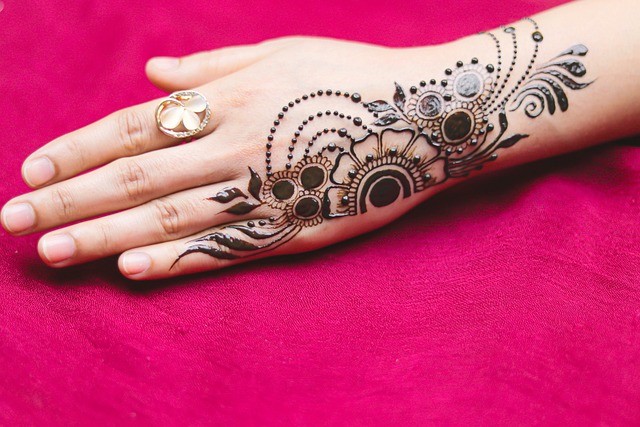
The Henna Night is a celebration before the wedding focusing on the bride and her friends and family. Henna is customarily painted on the bride’s hands, which historically represents blood and signifies the bride’s transformation from girlhood to womanhood.
The night involves beautiful dresses, a lot of crying and dancing, henna-dyed hands and delicious food. Brides practise the tradition of having henna nights with friends and family before weddings. The tradition’s origins are unknown, however, some people claim that it goes back to the days of the earliest nomads.
6. Food and Staples
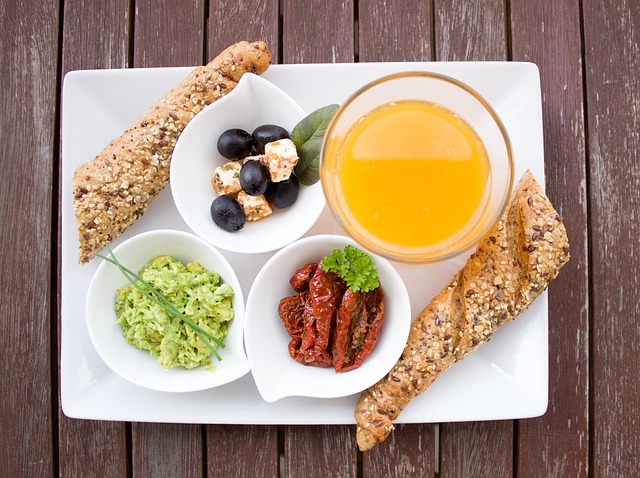
Food is an essential element of Turkish color palette of cultures. Turkish women typically spend hours in the kitchen preparing elaborate meals. The most important meal of the day is breakfast, which traditionally consists of eggs, cucumbers, tomatoes, and olives.
The staple for Turkish cuisine is having bread at every meal, whether it be breakfast or dinner. Other traditional dishes include Döner kebap, which is spicy meat roasted on a rotisserie, Yaprak sarma, which is grape leaves stuffed with spicy rice or meat, and Baklava, which is a butter-heavy dessert.
7. Kirkpinar Festival (Oil Wrestling)
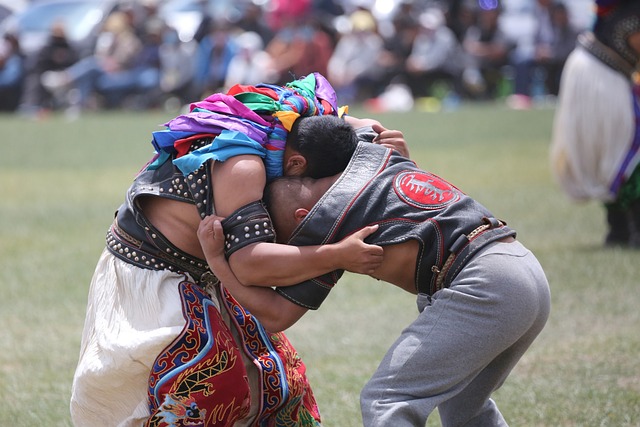
One of the oldest sports in Turkey, oil wrestling has its origins in prehistoric Mesopotamia. Since 1362, the renowned Kirkpinar oil-wrestling competition in Edirne has been held yearly and wrestlers from all over the country participate.
The competitors wrestle while covered in oil until a winner is determined when the opponent’s navel faces the sky. Oil wrestling matches can last up to 30 to 40 minutes and is an activity almost all tourists and natives enjoy.
8. Kilim (Turkish Rugs and Carpets)
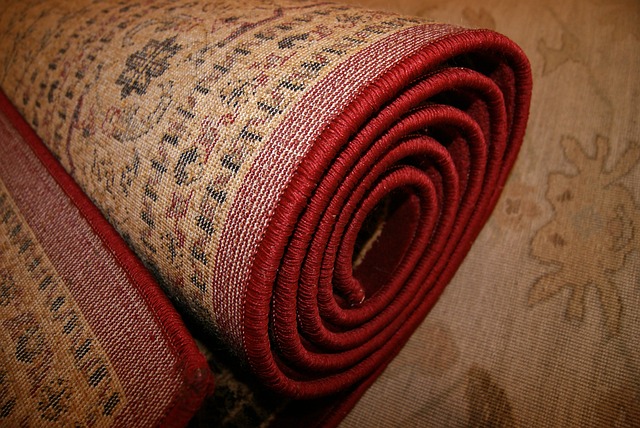
Rugs and carpets adorn the floors of every Turkish home. These handmade carpets have also gained popularity as holiday souvenirs due to their intricate decoration and artistic value. The history of Kilims travels back to the nomadic times when the native tribes had animal husbandry as their economic resource.
The art of dyeing and weaving yarn and wool into intricate designs soon became a fundamental element in today’s Turkey culture. Back in the day, these carpets and rugs were considered gifts fit to send to kings and queens of different empires and nations that have now become a symbol of the Turkey’s color palette of culture.
9. Custom of Gift-Giving
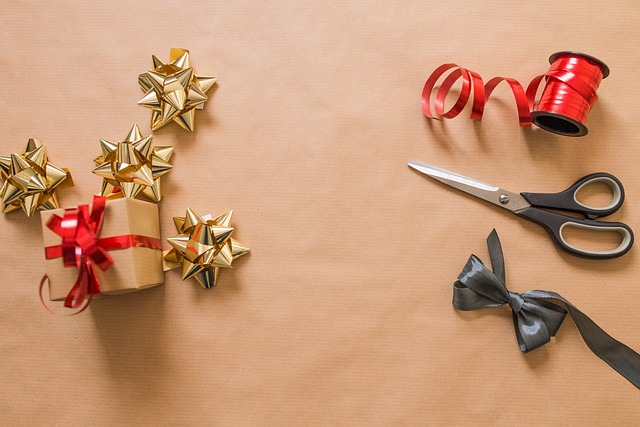
Turks are kind people who frequently invite new acquaintances over for dinner and have specific etiquette for gift-giving. Visitors are provided with slippers so they can leave their shoes at the door, and plenty of food is presented, which if you decline, will be considered impolite.
If you accept an invitation to a Turkish home, it’s customary to bring the host a present, which typically involves pastries such as Baklava. In traditional weddings, the family and close friends give the bride or the couple something gold, like a bangle or gold coins, which is a customary wedding gift from guests. The closer you are to the couple, the more valuable your gift will be.
10. Çay (The Tradition of Tea)
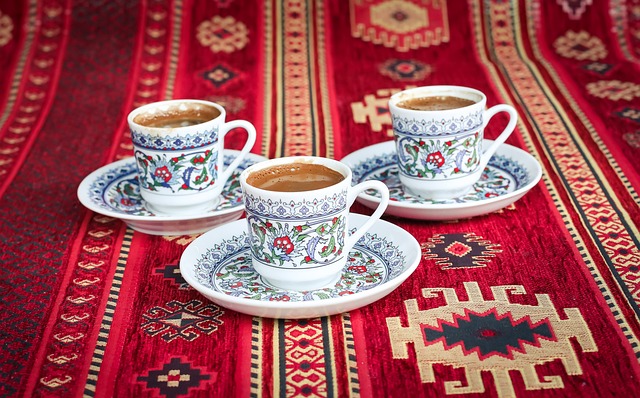
Despite popular belief, Turks only consume coffee on a limited number of weekdays. The preferred beverage everywhere is black or dark-red tea, in tulip-shaped glasses, with or without sugar. Serving Turkish tea is a tradition that symbolises offering hospitality in a tulip-shaped glass.
No matter where you go in Turkey, whether it’s to someone’s house, a store, or even a real estate shop, it’s customary to be welcomed with a cup of Turkish tea. After spending even a month in the country, you’ll find yourself craving it for breakfast, lunch, and dinner.
A Culture Full of History and Hospitality : Turkey’s Color Palette of Cultures
With its heritage so ancient, it’s nearly impossible to assemble all of Turkey’s customs and traditions altogether in one sitting. However, as a tourist visiting the country for the first time, knowing the major values and elements of the country’s culture can help you form a bond with the natives and enjoy a memorable trip you’ll be unlikely to forget anytime soon.
With the scenery so beautiful and the people incredibly welcoming, enjoy an educational and diverse trip to Turkey by booking our travel tours at iLinkTurkey. With our perfectly crafted travel experiences, you’ll find yourself learning more about this culturally-rich country without even intending to.

